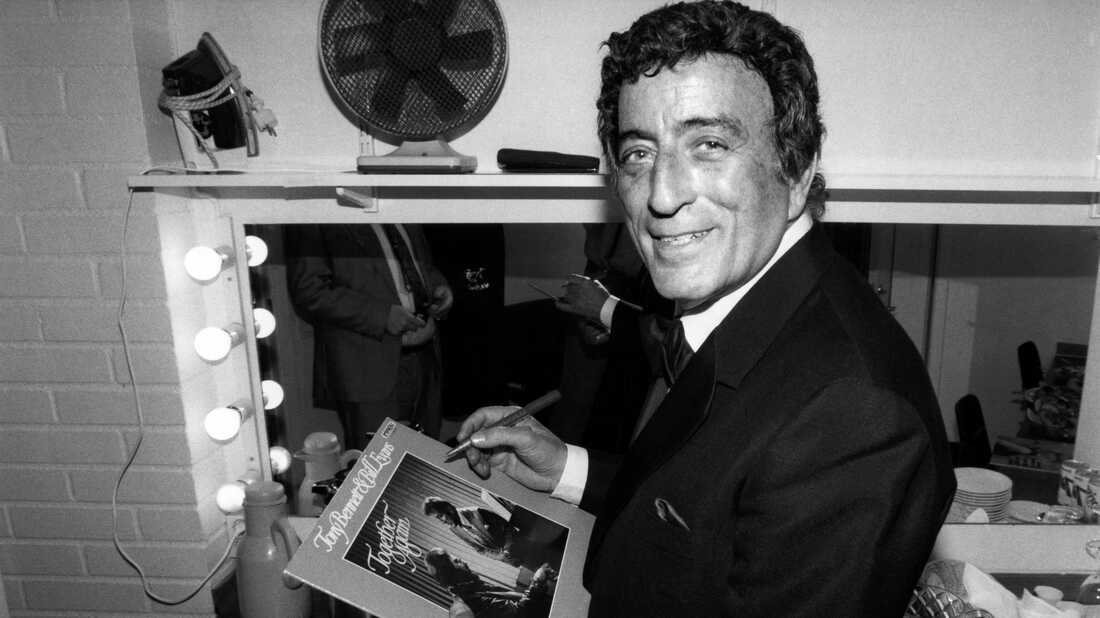Grief Etiquette: Please Don't Ask "What Happened?"
Rebecca Soffer, the co-author of Modern Loss: Candid Conversation About Grief, states, "If you’re curious about how your friend’s loved one died, but you’re not close enough to already know or ask in person, then asking is prying."
We understand that this may sound or feel harsh to hear. Some deaths are transparent, and some are private and we need to respect each death and each dearly departed soul in a respectful manner according to their own mood and wishes.
This goes doubly when it comes to social media. If a post or statement has gone out on someone's death, then the information already provided is for the public, asking for additional private information during this difficult time is not appropriate.
Appropriate responses to a death on social media are condolences in the comments section, memories, a picture of you and the departed, offering help or lending an ear, or at the very least, a few comforting emojis or reactions.
The following is an excerpt from: Fireflies Unite w/Kea:
“What happened?” is commonly asked, and while I do believe most people are genuine and concerned, asking for the details can come across as insensitive. While you may think it is showing compassion and concern, did you ever stop to ask yourself the following:
How many times is this person repeating that story?
How draining it can be, triggering and re-traumatizing?
Am I entitled to know the specifics of the passing?
Asking for those details does nothing for the conversation. It does not console the person, bring the person back the person who passed away and puts the person in an awkward position to share if they have a hard time saying no. (For more direction on answering these questions and what you should do, check out Ring Theory.)
There have been times when I’ve shared details, and I was not ready, but I did not want to come across as being mean. But wait, why am I concerned about how the other person feels? It appears as if the person is interested in the details of how the person passed without taking a moment to ask how I am doing.
For instance, what if the person said, “my mom jumped off a bridge” or “my sister died from cancer.” What are you doing with this information? Will you be more compassionate if you know the specifics? You can send your condolences and prayers without knowing what happened.
— Post by Kamala Alexandra
The contents of this blog are for informational purposes only and are not intended to be a substitute for professional medical or mental health advice, diagnosis, or treatment. If you or a loved one is having a hard time with grief and loss, please seek out help from a trained medical professional. The information provided on this website or links to others is to be used for educational purposes only. It should NOT be used as a substitute for seeking professional care for the diagnosis and treatment. The information contained herein should be used in conjunction with professional care.



